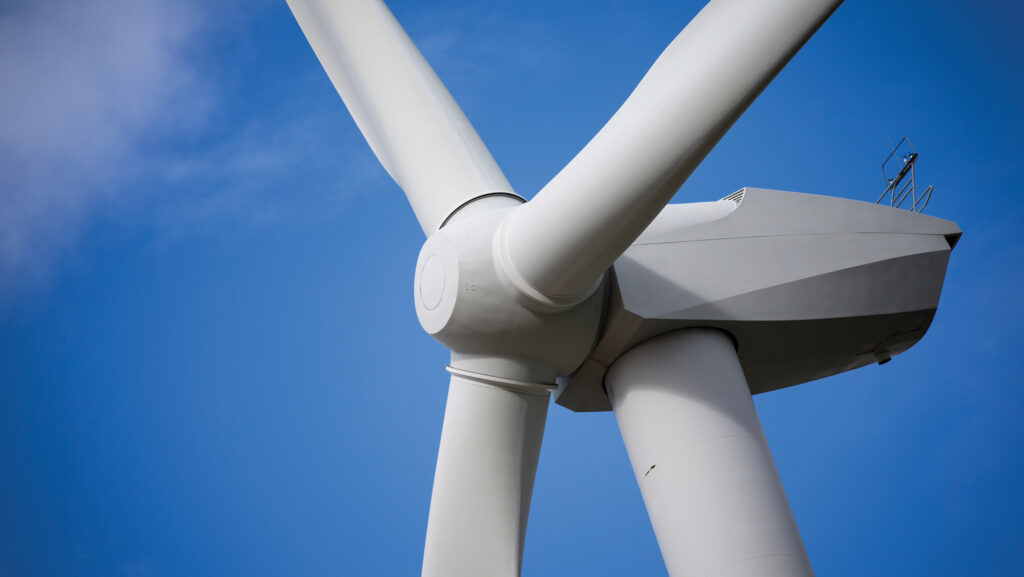Government plan gives push to onshore wind farms
 © GNP
© GNP The government unveiled its new Clean Power 2030 Action Plan on Friday (13 December) including ambitious targets for both wind and solar projects during the next five years, with land due to be taken out of food production as a result.
As part of the new plan, it has set a target to double the current installed capacity of onshore wind from 14.2 gigawatts of electricity to 27-29 gigawatts by 2030.
The 138-page report also announced ambitions to increase solar capacity from 16.6 gigawatts currently to between 45 and 47 gigawatts.
See also: Vast areas of land taken out of food production for solar sites
Energy secretary Ed Miliband said: “In our first five months, we’ve already lifted the onshore wind ban, established Great British Energy, consented almost two gigawatts of solar, delivered a record-breaking renewables auction, and kickstarted our carbon capture and hydrogen industries.
“This is the speed at which we will continue to work”
Bypassing local councils
Onshore wind has been brought back into the Nationally Significant Infrastructure Project (NSIP) regime in England, which will allow the government to have greater powers to approve large scale developments and bypass rulings by local councils.
A Planning and Infrastructure Bill will also be brought forward as part of the proposals to help streamline the planning process.
Energy UK welcomed the government’s Clean Power 2030 Action Plan, with chief executive Dhara Vyas saying it could accelerate benefits that will be felt by people across the country through increased energy security, investment, growth and job creation.
Jess Ralston, head of energy at the Energy and Climate Intelligence Unit (ECIU), said: “The UK has paid the price for over-reliance on expensive gas over the past few years and the crisis is not over yet.
British renewables
“Accelerating the rollout of renewables will stabilise prices, and clean technology like electric heat pumps will increasingly run off British wind and solar in contrast to gas boilers which will increasingly be run off foreign gas imports.”
NFU renewable energy and climate change chief adviser Dr Jonathan Scurlock said a clean electricity system could be achieved within the next five to six years, but added that the industry should be fully consulted.
The NFU is already involved with the government’s Solar Taskforce and Onshore Wind Industry Taskforce and has called for faster and fairer local grid connections.
